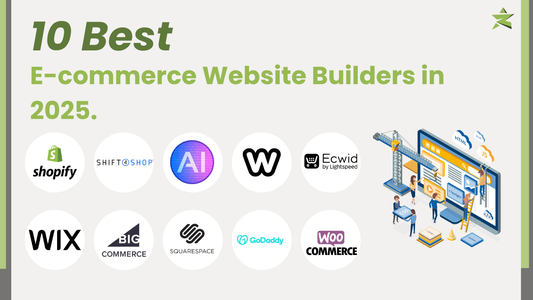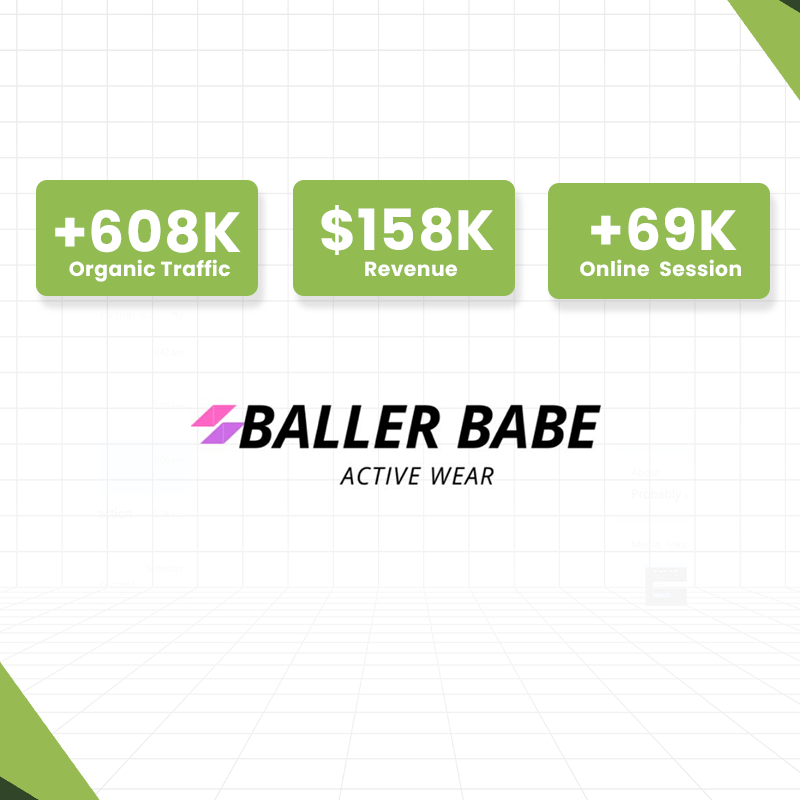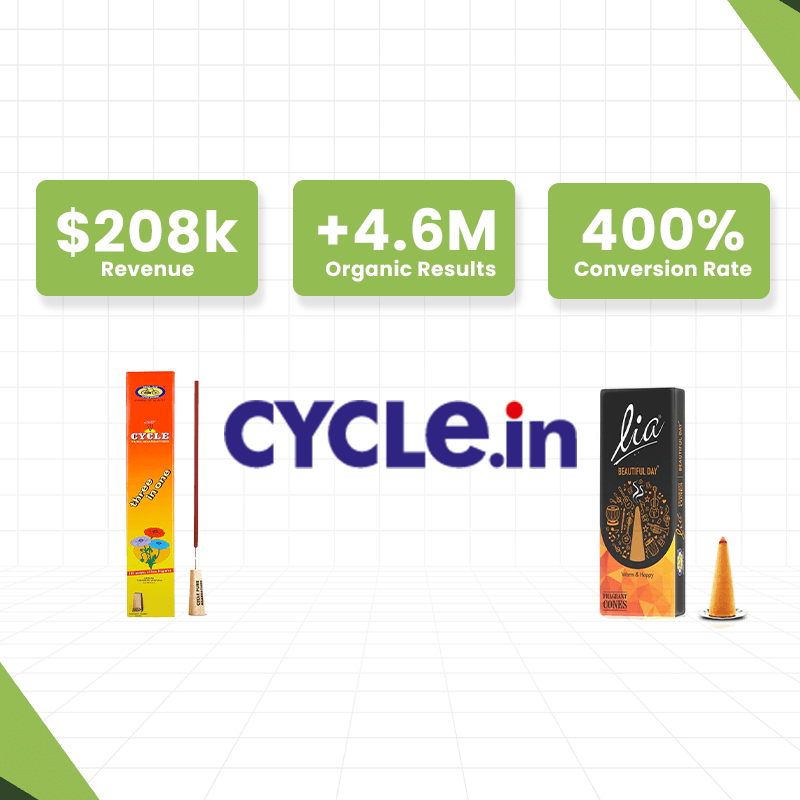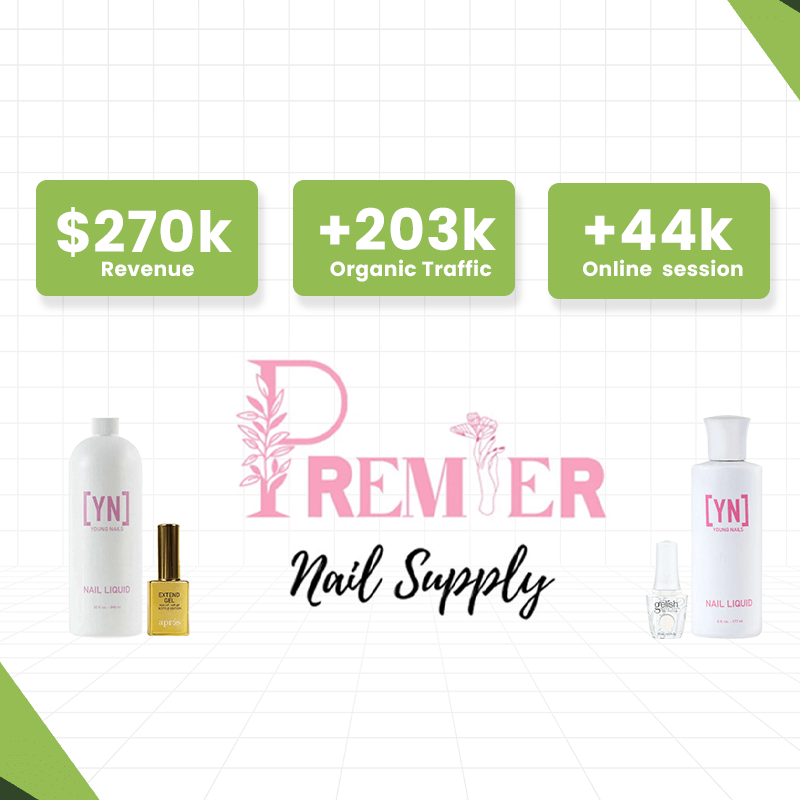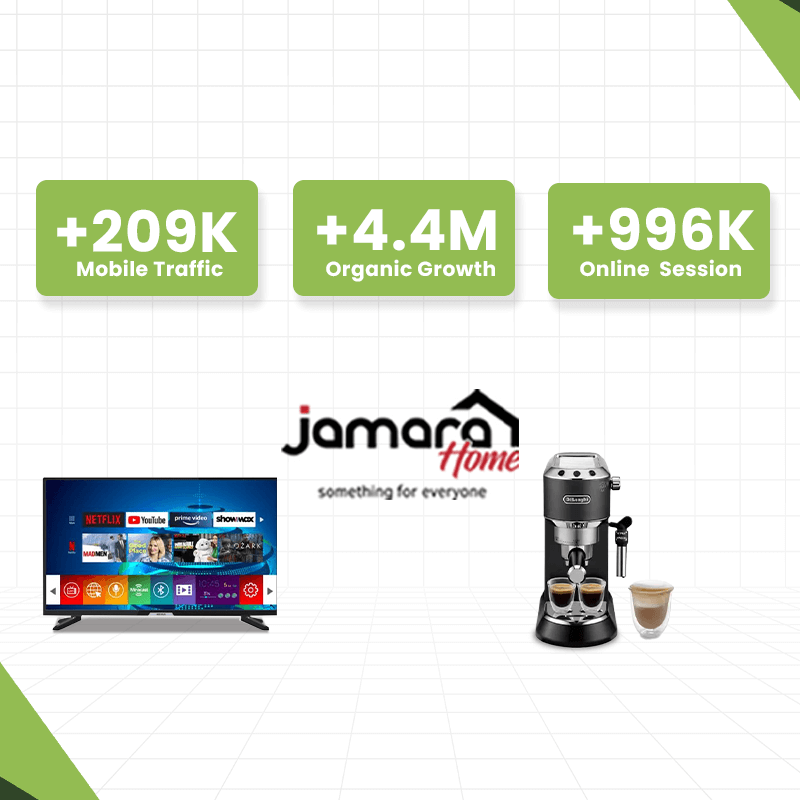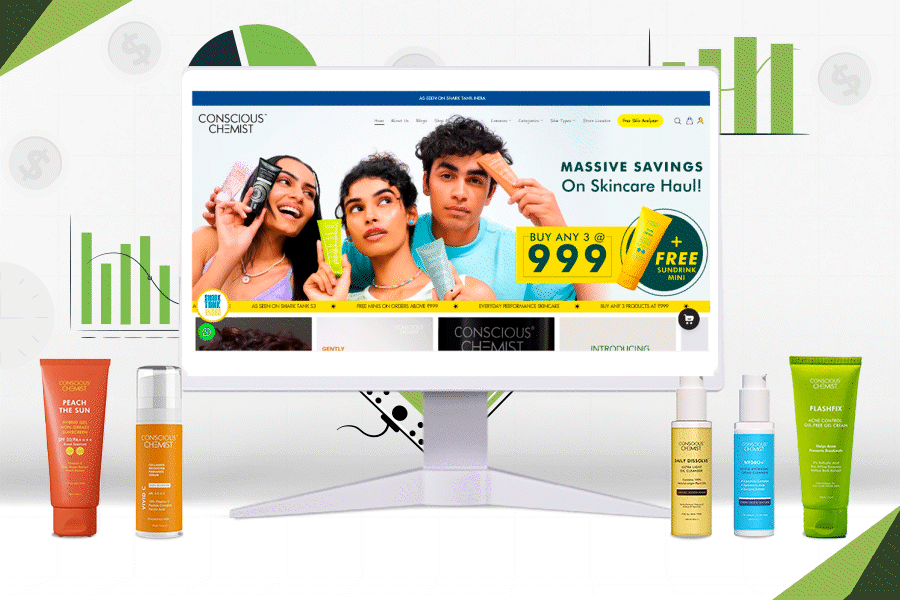The cosmetics sector is experiencing an unprecedented boom, with e-commerce leading the charge. From skincare to personal care, beauty products are not only essential to consumers but have also become a massive part of the global market. With online retailing of cosmetics surging, brands are adopting innovative strategies like social media marketing, influencer collaborations, and interactive apps to drive engagement, conversions, and brand awareness. In this article, we’ll explore how e-commerce is transforming the cosmetics industry and share strategies to boost your own cosmetics business online.
The Rise of Cosmetics in E-Commerce
Cosmetic products are a staple in daily routines, and they hold a dominant position in global retail markets. According to a report by Statista, skincare leads the cosmetics category, followed by hair care and makeup. In the U.S. alone, the cosmetics industry's revenue surpasses $56 billion, with the e-commerce share accounting for approximately $19 billion. Brands like P&G dominate, with China's rapidly growing beauty market showing no signs of slowing down.
Leveraging Product Review Videos to Drive Sales
One of the most powerful marketing tools in the cosmetics industry is product comparison videos. When it comes to makeup and beauty products, consumers want to know what they are buying. Traditional in-store consultations are now transitioning to the digital space, with influencers and YouTubers filling the role of beauty consultants.
YouTube influencers, such as beauty vloggers, provide in-depth reviews, application tutorials, and product recommendations, making it easier for potential buyers to make informed decisions. Brands can either create their own YouTube channels or collaborate with established influencers to tap into their dedicated audiences. By investing in video content, you cater to an audience that prefers visuals over long product descriptions, which increases engagement and boosts conversions.
Optimizing Your Cosmetics Store with Mobile Apps
With the surge in mobile commerce, having an interactive app for your cosmetics business is no longer optional—it’s essential. A prime example is the YouCam Makeup app, which allows users to virtually try on different makeup looks via their smartphone. This kind of virtual try-on technology addresses a crucial consumer need—experimenting with products before purchasing.
As a cosmetics brand, developing an app where customers can test new shades and styles digitally can significantly enhance the customer experience. Additionally, offering mobile-exclusive discounts or early access to product launches can further incentivize users to engage with your app, ultimately increasing your sales and brand loyalty.
Social Media Contests: A Game-Changer for Cosmetics Brands
Social media platforms provide the perfect space to run contests that increase brand visibility and drive engagement. One standout example is NYX Cosmetics and their annual NYX Face Awards. This contest invites participants to submit makeup tutorials, with winners receiving exclusive makeup kits. NYX effectively leverages social media channels and user-generated content to create buzz around their products. The contest not only showcases the brand’s products but also encourages contestants and followers to share their creations, generating widespread brand awareness.
As a cosmetics brand, you can replicate this success by hosting your own contests on platforms like Instagram or TikTok. Encourage users to submit tutorials, unboxing videos, or makeup transformations using your products. This strategy builds brand engagement while showcasing the versatility of your offerings.
NFC Labeling: A Modern Touch for a Digital World
Near Field Communication (NFC) labeling is an emerging trend in the cosmetics industry that is helping bridge the gap between physical products and digital content. At the 2015 #Beauty20Awards, NFC labeling was presented as a tool that allows customers to access additional content, such as application tutorials, special promotions, and product ingredients by scanning product labels with their smartphones.
Incorporating NFC technology in your cosmetics packaging can enhance the user experience by providing instant access to valuable content. This feature is particularly useful for companies that manufacture their own products and wish to offer more interactive and engaging packaging solutions.
Conclusion: Navigating the Future of Cosmetics E-Commerce
The future of cosmetics e-commerce is bright, with countless opportunities for growth. From utilizing YouTube marketing to embracing mobile apps and social media contests, there are numerous ways to stand out in this competitive space. By staying ahead of digital trends and focusing on customer engagement, your cosmetics brand can tap into the limitless potential of e-commerce.
Ready to transform your beauty brand into an online success story? The cosmetics industry is brimming with opportunities—don’t miss out on the chance to shine!



